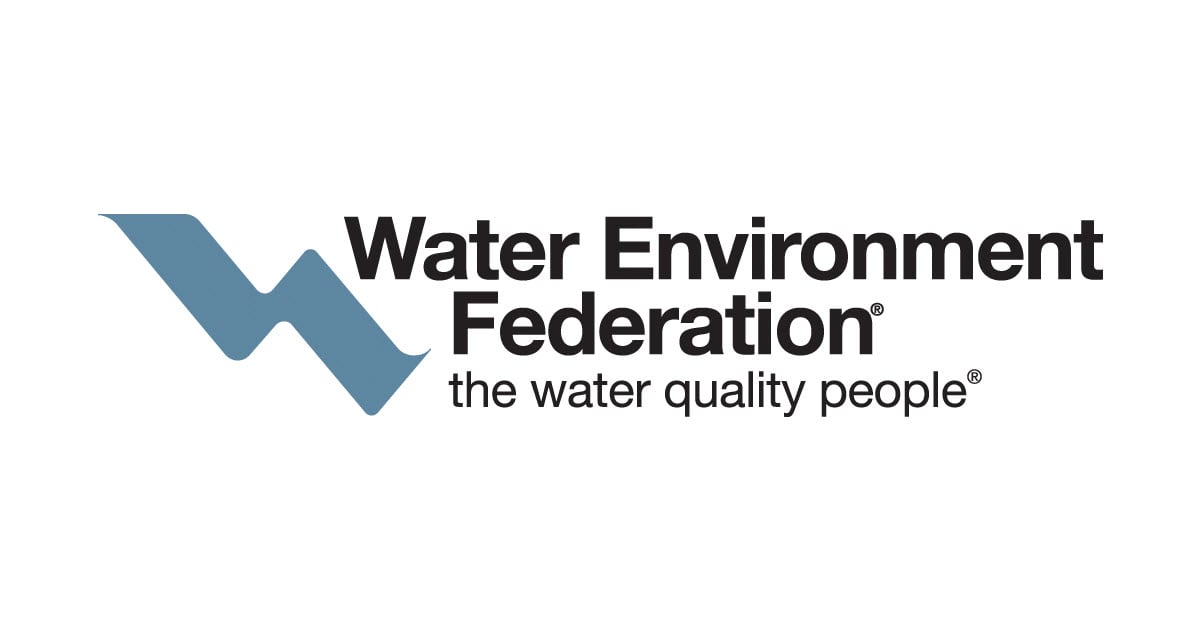WEF Seeks Applications for Utility of the Future Today Recognition Program
The application period is open for the Utility of the Future Today recognition (UotFT) program, which seeks to honor water resource recovery facilities for community engagement, watershed stewardship, and recovery of resources such as water, energy, and nutrients.
The UotFT utilities serve as anchor institutions in their communities, with a focus on people both within the utility and within the community. Diversity, equity, and inclusion initiatives are encouraged in all aspects of utility operations.
The UotFT concept is being promoted as water systems transform operations through innovation and technology. The UotFT is a model for utilities of all sizes to achieve more efficient operations, enhanced productivity, and long-term sustainability. Since the program launched in 2016, 203 utilities have been recognized with the honor.
The UotFT activity areas focus on:
- Community Partnership & Engagement
- Energy Efficiency
- Energy Generations & Recovery
- Nutrient & Materials Recovery
- Water Reuse
- Watershed Stewardship
- Beneficial Biosolids Reuse
Public and private water sector utilities of all sizes that can demonstrate achievement of the application requirements are encouraged to apply by April 12, 2023,11:59 PM ET.
Honorees will be notified during the summer and formally recognized during an awards ceremony at WEFTEC 2023 this October in Chicago.
Since the Utility of the Future concept was introduced in 2013, many utilities have successfully implemented new and creative programs to address local wastewater technical and community challenges. The recognition program is a partnership between the National Association of Clean Water Agencies (NACWA), the Water Environment Federation (WEF), The Water Research Foundation (WRF), the WateReuse Association, and the U.S. Water Alliance. In addition, the program is supported by advisory partners, the U.S. Environmental Protection Agency (EPA) and the U.S. Department of Energy (DOE).
To learn more including how to apply, visit the Utility of the Future Today page or contact UtilityRecognition@wef.org.
Related Areas
Latest News
Join or Renew Your WEF Membership Today
Connect with our community of water professionals who ensure that our local communities have access to clean water that protects public health. Explore our member benefits and find the membership type that’s right for you.


